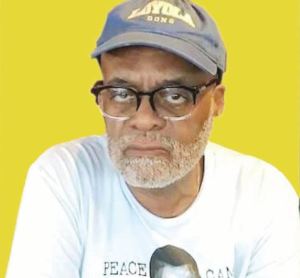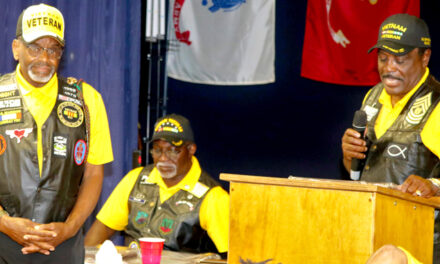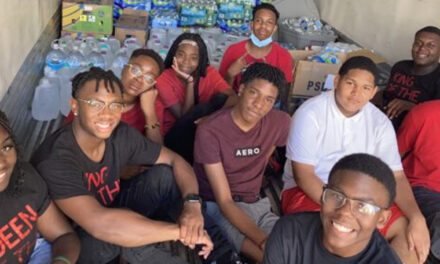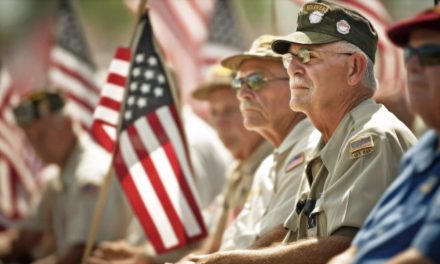By Ralph E. Moore Jr.,
Special to the AFRO
With the observance of Memorial Day, Americans honor those who have died in wars since the beginning of the nation.
According to the American Battlefield Trust, a Washington, D.C. non-profit organization that preserves battlefields, 6,800 soldiers died were killed in action in the Revolutionary War, 650,000 died in the Civil War, 53,402 died in battle in World War I, and 405,399 in World War II. There were 58,220 troops who died in the Vietnam War following 33,643 combat deaths in the Korean War and so on, up to and including the Gulf Wars.
The memorialized women and men are heroes. And they are appreciated for their service, especially on Memorial Day each year.
Those who serve in the military sacrifice time away from family and friends, income from jobs and personal safety by risking their lives or their limbs. Some need mental health treatment upon returning home; according to the U.S. Department of Veterans Affairs in 2020 there were 6,146 veteran suicides, on average 16.8 per day. Defending the nation is not easy on those who do.
But who or what honors the folks who struggled to end wars?
Martin Luther King Jr. spoke out against violence and the war in Vietnam on April 4, 1967, in his sermon at Riverside Church in Morningside Heights, N.Y. Many followed MLK’s powerful words of protest. For example, King inspired Muhammad Ali to refuse induction into the army on April 28, 1967, two weeks after King’s speech.
Months later, then-Fathers Phillip and Daniel Berrigan, Liz McAlister and others took actions to end the wrong-headed Vietnam War by destroying military draft board (selective service) records with blood and homemade napalm on separate occasions. Brendan Walsh and Willa Bickham of Viva House here in Baltimore have fed hungry persons and sheltered the homeless for over 50 years while opposing wars and working for peace. Their daughter, Katie Walsh-Little and her husband, David, have joined the Catholic Worker House efforts through their teaching and legal careers.
The point is, despite strong respect for those who served honorably in the military including those who made the ultimate sacrifice by giving their lives, some are opposed to all wars. On June 8, 1968 at St. Patrick’s Church in New York, the late Sen. Edward M. Kennedy (D-Mass.) eulogized his brother, Robert Kennedy, this way, “My brother need not be idealized, or enlarged in death beyond what he was in life; to be remembered simply as a good and decent man, who saw wrong and tried to right it, saw suffering and tried to heal it, saw war and tried to stop it.”
Stopping war is a very honorable calling, too. Why aren’t those who work and struggle to end violent conflicts with their massive losses of blood and treasure honored for that service to their country?
Those who have struggled to end wars have also sacrificed. Martin Luther King lost favor with President Lyndon B. Johnson, who stopped taking his calls. Ali lost his boxing license and could no longer box in the United States (losing a lot of money during the prime of his career). And others went to jail for direct actions to oppose the wars, losing time away from their families and friends, being ostracized here at home, perhaps losing out on job opportunities and promotions.
They also serve those who work for peace. But who will remember them? Shouldn’t they be thanked? How? When?
Will the nation ever be grateful for the service of those who opposed wars for the good of all? Their lives and their work remind us that peace is possible.
The post The Moore Report: It’s time to honor those who dedicated their lives to ending war and conflict appeared first on AFRO American Newspapers .











